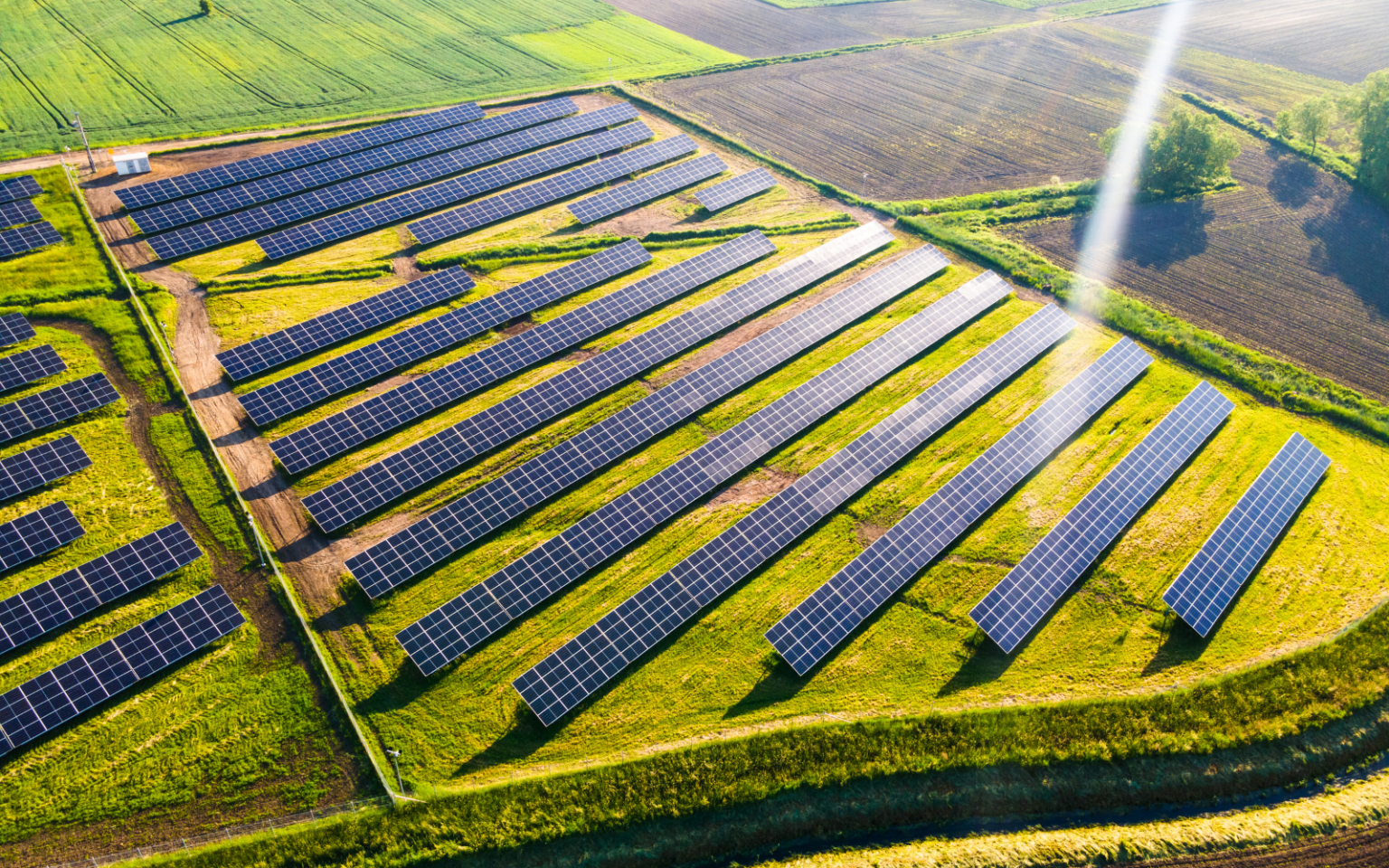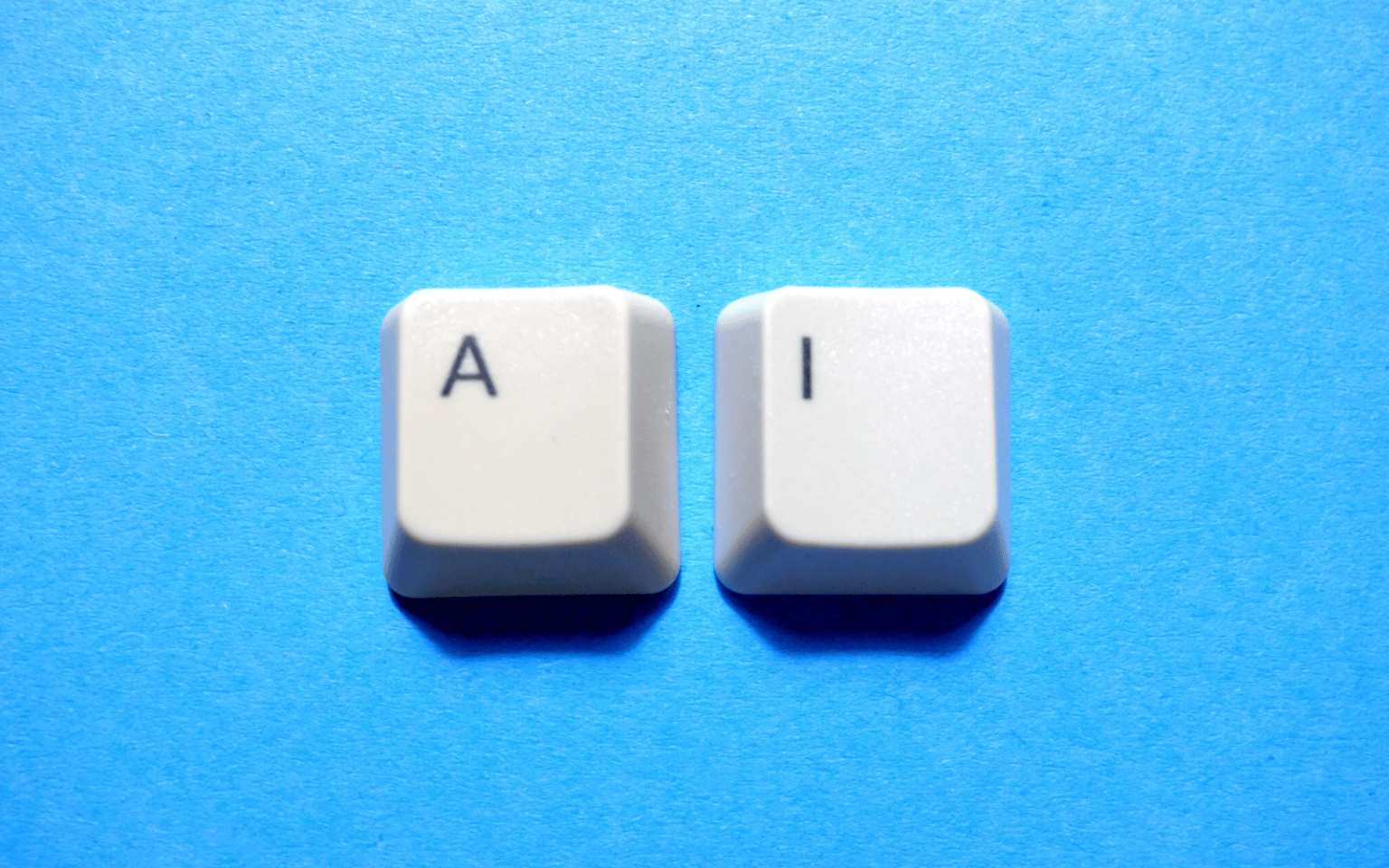Three and a half kilometres beneath the Mediterranean Sea, around 80km off the coast of Sicily, lies half of a very unusual telescope called KM3NeT. The enormous device is still under construction, but today the telescope’s scientific team announced they have already detected a particle from outer space with a staggering amount of energy. In fact, as the team reports in Nature, they found the most energetic neutrino anyone has ever seen – and it represents a tremendous leap forward in exploring the uncharted waters of the extreme universe. To explain why it’s such a remarkable discovery, we need to understand what…
Author: The Conversation
I teach a course on the relationship between social media and society at Durham College. As part of their assessments, I ask my students to reflect on their social media use. A recurring theme is that they cannot be separated from their smartphones. Many admit to spending significant time daily on social media watching short videos without a clear purpose and as a way to procrastinate on more productive activities. There is a term for this kind of behaviour and its impact on mental health, one that was recently named Oxford Word of the Year 2024: “brain rot” — the deterioration of a…
The world is fast transitioning towards renewable energy systems. However, in many African countries, this transition is not solving historical inequalities or socio-economic challenges. This is because moving away from fossil fuels is costly and governments have largely not involved historically disadvantaged communities in the transition. Instead, African countries are focusing on how much clean energy technology costs and how to get companies to invest in it. Government and policymakers are overlooking concerns about social equity, environmental protection and political inclusion. This can lead to human rights violations and protests by communities who oppose renewable energy projects because they fear a repeat of past injustices…
As a nine-year-old, I loved singing and took every chance to do so enthusiastically during school assemblies and end-of-year shows. I developed a bit of a reputation, so much so that one day, a classmate asked me to serenade him and a girl. Cut to me belting Donna by 10CC from behind a bush outside his bedroom window. My classmate was lacking in musical or lyrical abilities to write and perform his own song. However, if he found himself in a similar position this Valentine’s Day, he could get a little help from AI, and so can you. Suno’s Valentine’s Day Experience is a…
In his inauguration speech in January, United States President Donald Trump declared the US would “plant the stars and stripes on the planet Mars”. This shouldn’t come as a surprise. In 2017, in Trump’s previous term of office, he promised to “establish a foundation for an eventual mission to Mars”. And his billionaire adviser Elon Musk is famously obsessed with colonising the red planet. The first spacecraft to successfully explore another planet was NASA’s Mariner 2 mission. It passed within 35,000km of Venus on December 14 1962. Since then, there have been many successful missions to explore various planets, moons, asteroids and comets in the Solar System.…
Every day, millions of engines and factories burn fossil fuels, releasing carbon dioxide – a greenhouse gas that traps heat in Earth’s atmosphere and contributes to climate change. Now imagine a clean fuel that does not pollute and produces only water as waste. That’s the promise of green hydrogen, which is made by using solar and wind power to split water into hydrogen and oxygen. Countries worldwide, including South Africa, see green hydrogen as a vital tool for tackling climate change. There are plans to use green hydrogen in South Africa for everything from producing fertiliser for farms to powering factories and heavy…
Have we tried everything to tackle the climate crisis? At least one simple idea has hardly been explored: prioritizing climate content on social media. The climate crisis is seriously aggravated by a lack of attention, including in the recent United States presidential election campaign. But algorithmic recommenders could help, as they are responsible for a significant proportion of how human attention online is allocated. Algorithmic recommenders are artificial intelligence systems that suggest content, such as news feeds, music or videos, to people based on their behaviour and preferences. Take YouTube, where hundreds of millions of users watch billions of hours of content…
Generative artificial intelligence tools can help design students by making hard tasks easier, cutting down on stress, and allowing the students more time to explore innovative ideas, according to new research I published with my colleagues in the International Journal of Architectural Computing. I study how people think about design and use technology, and my research focuses on how tools such as AI can help make the design process more efficient and creative. Why it matters Our study found that AI design tools didn’t just make the designs better – they also made the process easier and less stressful for students. Imagine trying to…
Generative AI is often seen as the epitome of our times, and sometimes even as futuristic. We can use it to invent new art or technology, analyse emerging data, or simulate people, places and things. But interestingly, it is also having an impact on how we view the past. AI imagery has already been used to illustrate popular articles, such as covering scientific discoveries about Neanderthals. It was employed to animate the Mesolithic period (from about 9,000 to 4,300 years ago) in a museum. TikTok users have adopted it to make realistic short videos about archaeology and history. It’s even been used in…
Over 330 million people currently suffer from depression worldwide, though the complexity of diagnosis and the heterogeneity of this condition mean that such a figure can only ever be a conservative estimate. Depressive disorders are a major cause of disability and affect multiple aspects of a person’s quality of life, including their emotional well-being, social relationships, functional ability and physical health. Fortunately, we have ways of preventing them from taking hold, and physical activity is one of them. The risk of developing depression is influenced by a range of interconnected genetic, biological, psychological, environmental, social and behavioural factors. Among these, unhealthy lifestyle elements, such as not getting enough regular…










